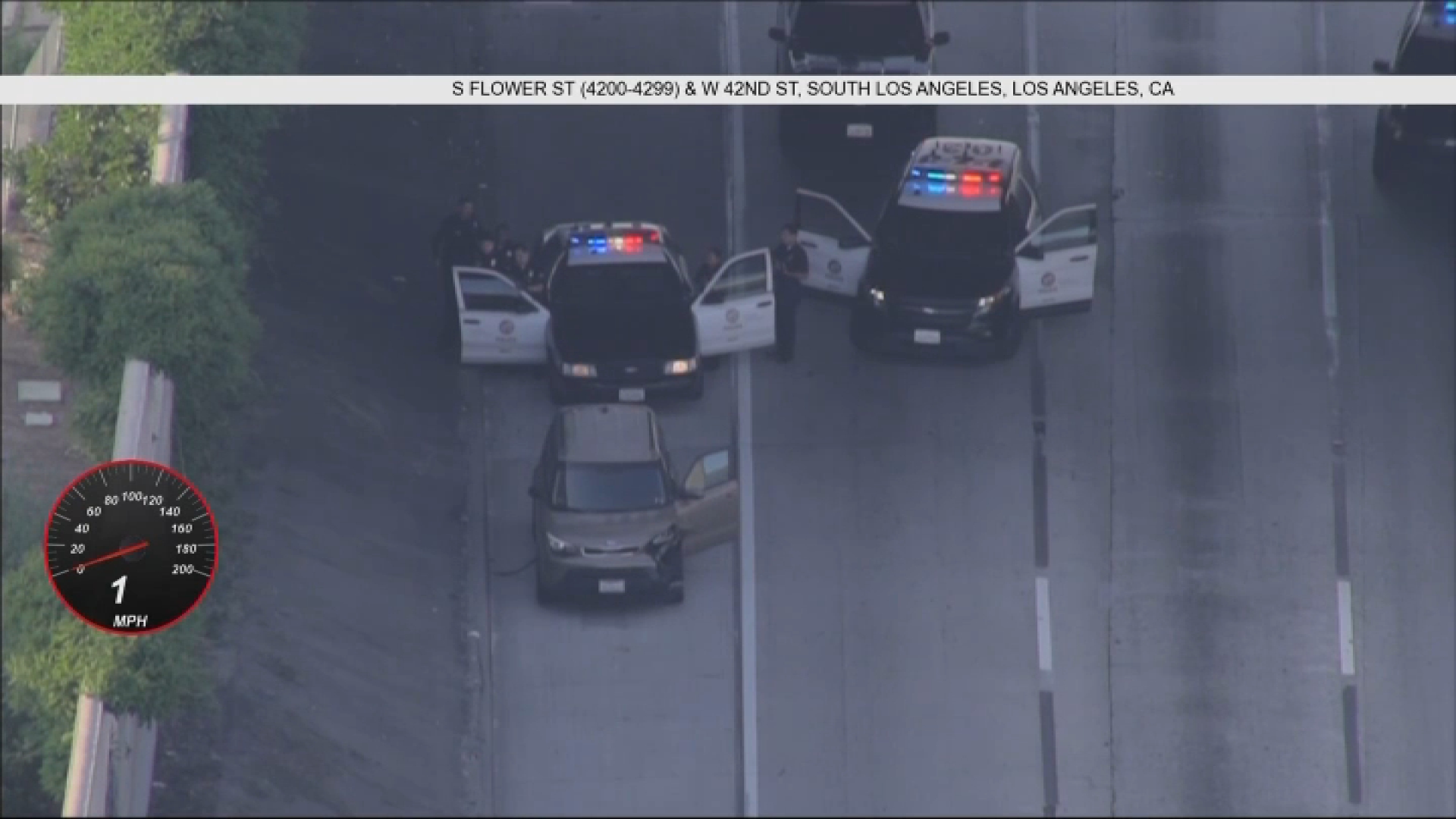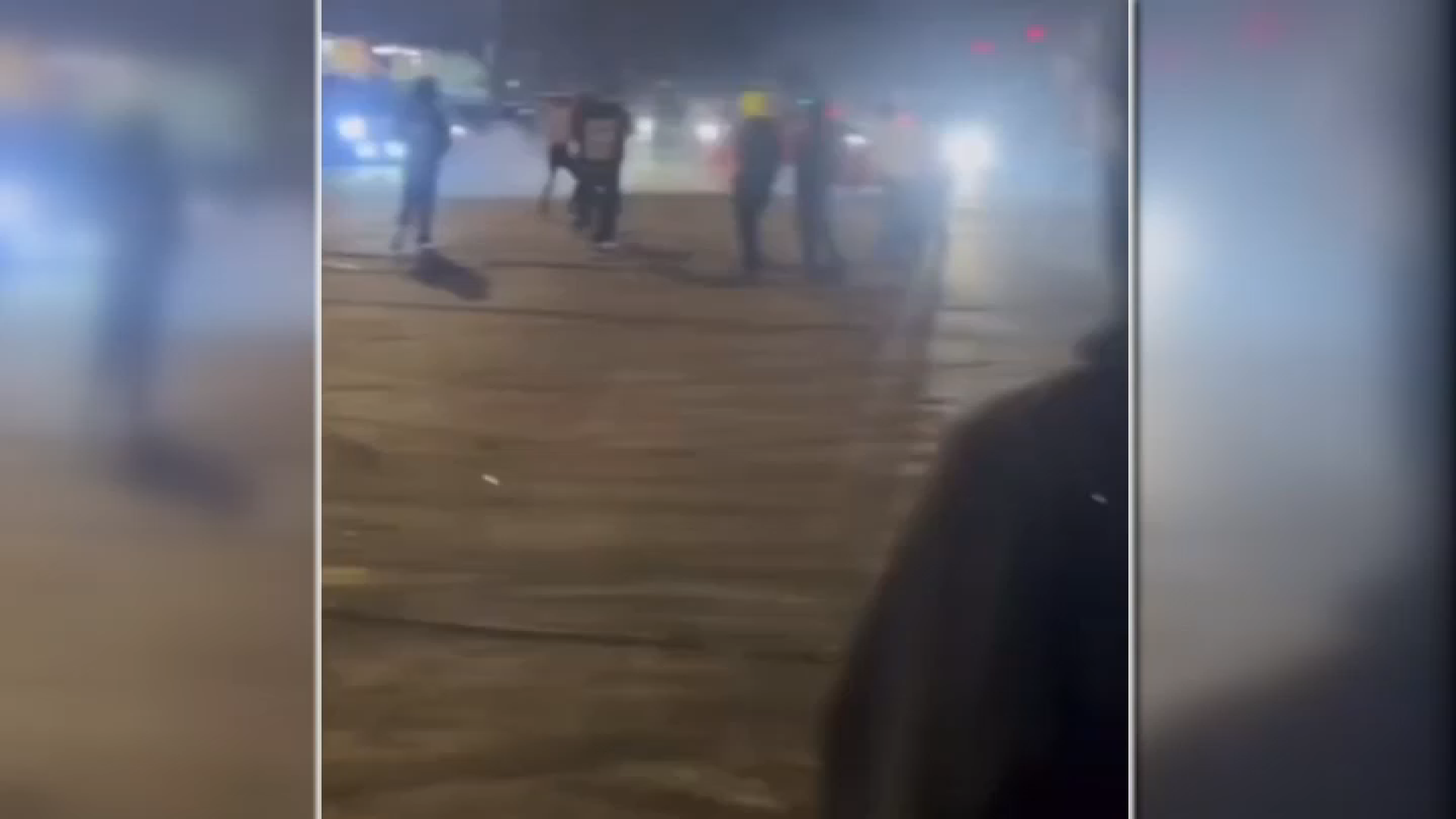It is important to stay safe and be cautious when cleaning up after a fire, as you may face ash, soot, dust and other airborne particles. Although ash from wildfires may be non-toxic, it can be irritating to the skin, nose and throat.
Ash can trigger asthmatic attacks in people with asthma. Ash and dust, especially from burned buildings, may contain toxic and cancer-causing chemicals, including asbestos, arsenic, and lead. In order to avoid possible health problems, the County of Los Angeles Public Health recommends the following:
Ash Clean-up:
• Keep children away from wet, damp or dry ash.
• Wash toys before giving them back to children.
• Shower pets thoroughly to get rid of any ash on their fur.
• During clean-up, wear gloves, a long sleeved shirt and long pants to avoid skin contact. If ash get on your skin, wash it off with warm water and soap as soon as possible.
News
Top news of the day
• For vegetable gardens or fruit trees, wash the fruit or vegetables before consuming them.
• Avoid performing actions that will release ash into the air, like using a leaf blower. The best way to clean an area with ash is by sweeping and mopping. Bleach may be used to disinfect the area.
• Any kind of vacuums, except HEPA-filter vacuums, are not recommended to clean up ash. As they do not filter out small particles like HEPA-filter vacuums do, and as a result, blow the particles into the air where they can be breathed.
• Wear a disposable mask with a rating of N-95 or higher to avoid breathing in ash and other airborne particles. These can be bought at any home/hardware store.
• Use as little water as possible when cleaning, as ash and soot becomes slippery when combined with water. Wear boots with good soles and walk carefully. Avoid washing ash into storm drains.
• Ash can be disposed in a regular trash can but first, place the collected ash in a plastic trash bag to contain it from releasing into the air.
Food Safety:
If your kitchen has ash, soot, dust, and other airborne particles, avoid foodborne illness by following these recommendations:
• Discard bottles of liquid covered in ash, such as water bottles, as the particles contaminate the caps and it is difficult to decontaminate them.
• Discard food stored in cardboard or soft packaging that is not waterproof or airtight, and has been covered in ash.
• Food that is stored in sealed, unopened glass, metal cans or jars, such as baby food, is safe to use. Just clean before opening it and transfer the food to another container before eating.
•Food in the refrigerator is usually safe as long as the power outage is short. Keep the doors to the fridge and freezer closed to maintain cool temperatures.
• Discard perishable food items such as meat, dairy products and eggs, if power is out for several hours.
• Do not re-freeze thawed food, throw it away. Inspect food to ensure it is safe to eat. Remember, "If in doubt, throw it out."



